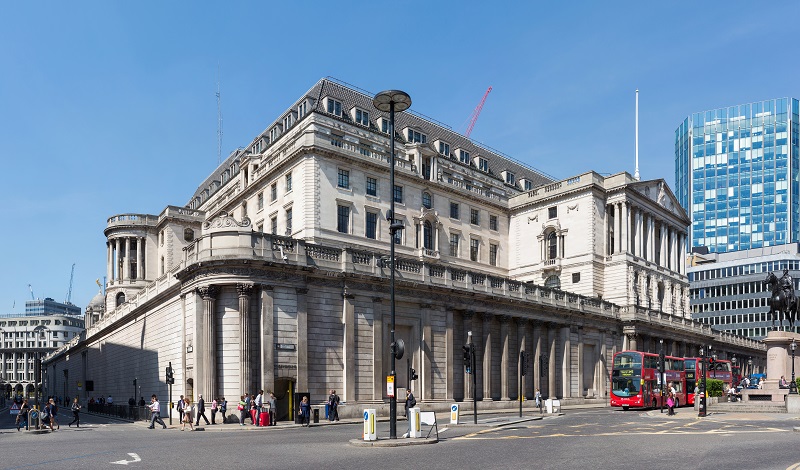As previously mentioned,landlords have experienced a collection of tax increases. These increases appear to have made a significant impact on the market. As a result of the changes that have been made to the taxing of buy-to-let landlords, a number of landlords have had to leave the market indefinitely.
The government introduced these changes in order to cu the profit gained from the Buy to let landscape. The intention was to contract the market in order to try and make housing prices more stable, and help first time buyers on to the property ladder. However it is uncertain just how successful this move has been by the Government, or is the landlords in this market have just been used as a scapegoat to increase taxes and give an explanation for the housing crisis.
According to a former Bank of England economist, the singling out of landlords is unfair as they are not to blame for the for the lack of available housing. Instead, first time buyers are struggling to overcome the rising price of houses and the lack of newly built option available.
As part of the impact that has been had on landlords is the introduction of the a 3% surcharge on the stamp duty cost, which is now payable for purchases that were carried out from June last year, and a reduction in the amount of tax relief that can be claimed by landlords from April 2017.
It is thought that these changes to stamp duty and tax reliefs could negatively impact the tenant, as rent will increase to cover these costs, making it event more difficult to save up the extortionate deposit required to buy a house.
In better news for landlords, even though the tax changes are making it more challenging for landlords, there is the raise in asset values and rental income which takes the edge off the cut in profits.


